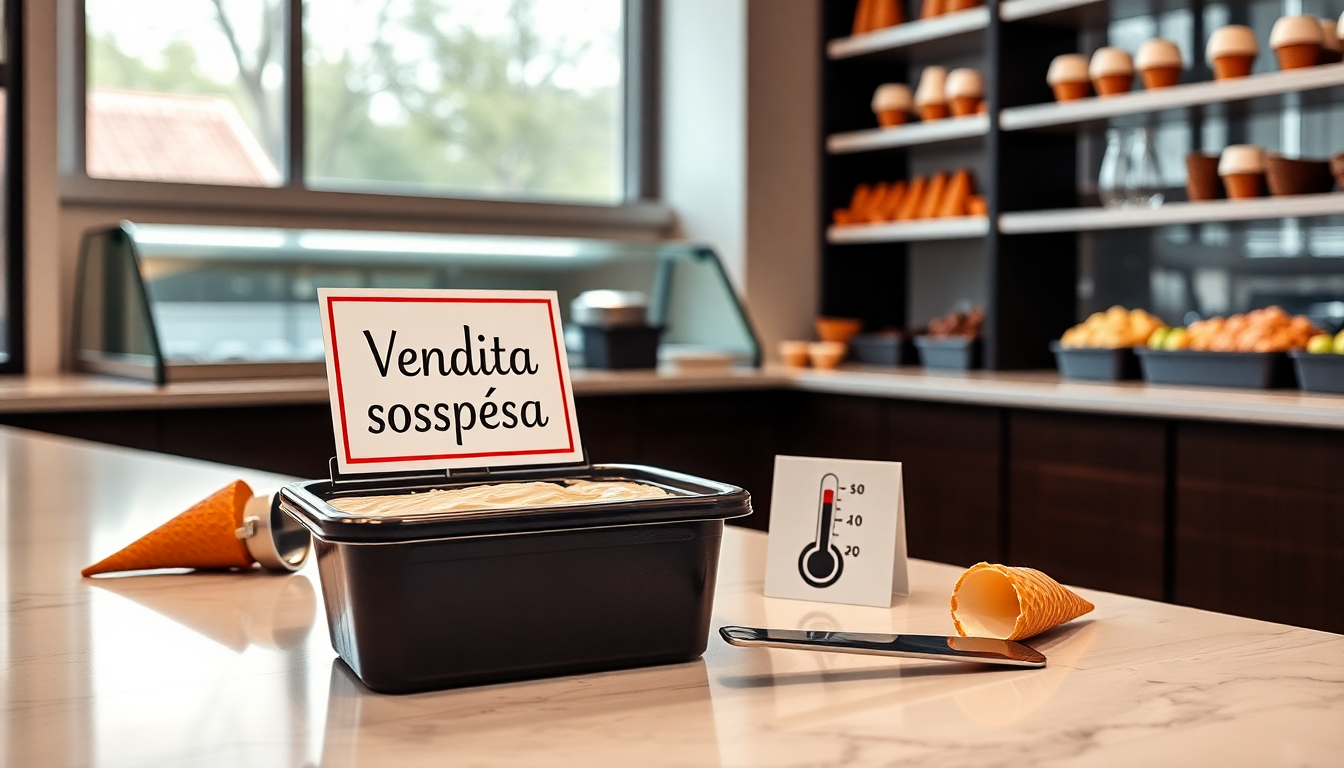Table of Contents
In a noteworthy public health intervention, Hong Kong’s Centre for Food Safety has taken decisive action by ordering a branch of the well-known Belgian chocolatier Godiva to halt sales of its dark chocolate soft ice cream. This move comes after alarming findings revealed a bacterial count in one of their samples that was a staggering 46 times higher than what’s legally allowed. It’s a stark reminder of how crucial food safety regulations are in protecting public health.
The Alarming Findings
So, what exactly happened? The troubling report surfaced when a sample taken from the Godiva outlet at Cityplaza in Tai Koo was tested. The analysis showed a shocking total bacterial count of 2.3 million bacteria per gram—far beyond the legal threshold of 50,000 bacteria per gram. This level of contamination isn’t just a minor issue; it raises serious concerns about product quality and the potential health risks for consumers.
A spokesperson for the Centre for Food Safety confirmed that they had informed the vendor about these irregularities and instructed them to stop all sales of the affected ice cream immediately. Moreover, the contaminated products must be disposed of properly to mitigate any health risks. The centre didn’t mince words, warning that prosecutions could follow if the evidence supports it. This highlights the serious enforcement of food safety laws.
Legal Implications and Responsibilities
What are the legal stakes here? Under the Frozen Confections Regulation, vendors found guilty of selling products with bacterial levels above the legal limit can face hefty penalties. Offenders might incur fines of up to HK$10,000 (around US$1,273) and could even face three months of imprisonment. These measures are vital for discouraging negligence and ensuring food vendors comply with the health regulations that keep us safe.
In light of the findings, the Centre has mandated that Godiva conduct thorough cleaning and disinfection procedures in their shop. This isn’t just about compliance; it’s crucial for rebuilding consumer confidence in their products. Additionally, the Centre has provided guidance on food safety and hygiene practices to the vendor’s staff, emphasizing the importance of ongoing education in maintaining safe food handling standards.
Consumer Safety and Public Trust
This incident with Godiva serves as a wake-up call for food establishments everywhere about the ongoing challenges in upholding safety standards. As consumers, it’s essential to stay alert and aware of any food safety issues that may crop up. Companies need to prioritize food safety and maintain open communication with their customers to foster trust. Proper training and strict adherence to safety regulations are critical to preventing such issues in the future.
As the situation develops, the repercussions for Godiva and similar vendors will be closely scrutinized. After all, maintaining high food safety standards is vital for the success of any food business. This incident reiterates a crucial principle: in the food industry—much like in real estate—**location, quality, and safety are everything.**


